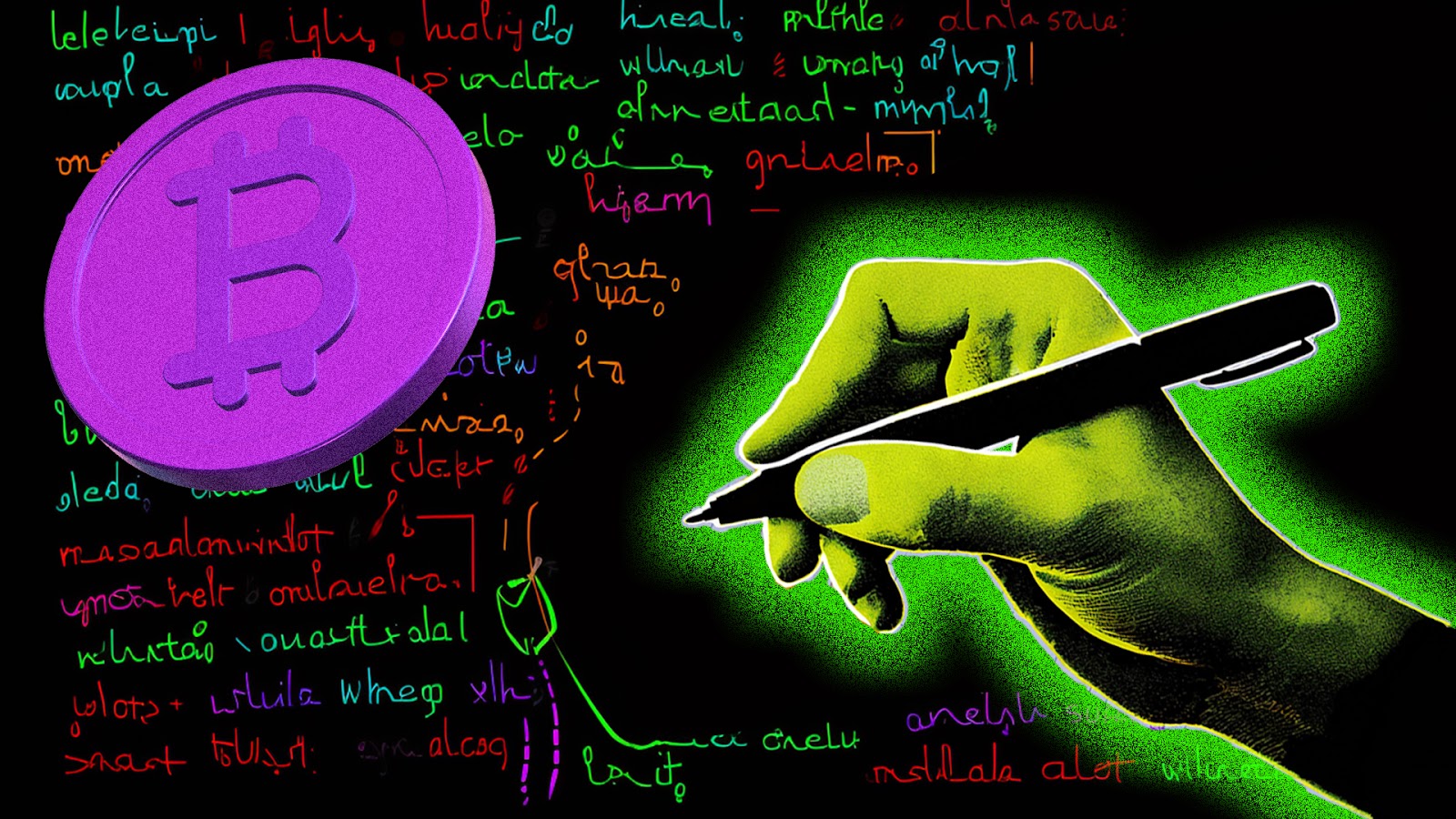
Think of a transaction between a dairy company and a cattle farm. The manufacturer (the dairy company) contacts the supplier (the farmer) and sets up an automated system to settle the supplier as soon as the raw materials are delivered.
That is one of the simplest analogies of a smart contract. It is a software program designed to automate transactions and operations on a blockchain. The smart contract enables reliable transactions between anonymous users, ensuring that the terms of the operation are fulfilled before executing it.
Smart contracts must not be confused with smart legal contracts, which are legal documents containing legal terms on a specific contract. Smart contracts are software codes that contain conditions for transactions between two parties on a chain and execute these transactions as soon as the two parties fulfill the requirements.
Smart contracts have been adopted worldwide across several sectors, from business to finance, and cryptocurrency is one of the most popular applications of smart contracts. Before we go into how smart contracts work, here's a brief history of how they came to be.
Smart Contract Timeline: A Brief History
The idea of smart contracts was proposed by Nick Szabo, an American computer scientist, in 1998, in a research paper. He described smart contracts as standardized contracts that contain complex payment structures which dictate the terms of a transaction.
Szabo went on to invent BitGold, a form of cryptocurrency, in the same year, and less than ten years after, Bitcoin graced the world markets. He has denied being the anonymous Satoshi Nakamoto who created Bitcoin, but his contributions to the evolution of cryptocurrency can't be understated.
Following Nick Szabo's proposal of smart contracts, researchers looked into the possibilities, and by 2014, simple contracts were experimented on the Bitcoin blockchain. Ethereum's launch in 2015 featured more advanced versions of smart contracts on the blockchain that aimed to resolve the delays in transaction processing.
Many cryptocurrency platforms have created smart contracts for use on different blockchains, and the technology keeps getting more advanced–and more efficient–by the day.
How Do Smart Contracts Work?
As we stated earlier, smart contracts hold the terms for transactions between two parties, eliminating the need for an intermediary or third party. The smart contract already contains the 'if/then' codes and executes the transaction as soon as all the defined terms are met.
Smart contracts can contain as many codes as are necessary for a transaction. Both participants define the conditions for their operations, and a developer helps build the software program. One attribute of smart contracts is they cannot be upgraded or updated after they are deployed. This prevents third-party access from interfering with the transaction, although it also creates a permanence that could harbor errors.
One of the two transacting parties, the sender, initiates the transaction, and a smart contract is deployed to handle it. As soon as the terms stated in the code are settled, the smart contract executes the operation, and the receiver completes the transaction. Smart contracts eliminate the need to establish trust between two anonymous users, creating a trustless system that is efficient and timely.
Smart Contract Applications
Finance is the prominent sector where we hear of groundbreaking smart contract development and deployment, especially cryptocurrency. Blockchains like Ethereum, Avalanche, Solana, and Binance Smart Chain use smart contracts to serve their many users and ensure a very low error risk in their transactions.
The truth is, smart contracts are widely used globally, as real estate, healthcare service delivery, and even conflict resolution are some other areas where smart contracts are gaining relevance. Unlike in finance, businesses in these sectors have less advanced smart contracts. They use websites, plugins, and other templates to simplify their smart contracts, so you'd find that such smart contracts define fewer terms and contain less code than those in cryptocurrency.
Why Smart Contracts? Benefits And Drawbacks
From their basic definitions, there doesn't sound like there's much use for smart contracts. Everyone transacts business every day, and with advanced communication technology, we can always negotiate.
But smart contracts remain relevant and will only get more advanced due to their unique advantages, some of which include:
-
Security and Privacy
Because smart contracts exist on blockchains, they are very secure in the event of hacker attacks. They can not be altered easily without disrupting the entire blockchain. Smart contracts are stored in transaction blocks, which are linked one to the other. So even if a smart contract record could be altered, such a process would cost a lot of time and effort since the hacker will have to go through several transaction records.
-
Conservation
Smart contracts reduce the time it takes to complete transactions between users. Since it contains the terms guiding the transaction, the software automatically executes once these terms are met. It also eliminates the need for intermediaries and trust building, thus saving time and fees that would have been spent verifying the transaction.
-
Transparency
Smart contract-enabled transactions are typically transparent. Since there is no third party involved in the process, there is trust that the transaction records have not been altered for personal gain. Also, such transactions are visible to all users on a blockchain, even though the parties involved stay anonymous.
-
Speed and Accuracy
Smart contracts work on an automated basis, and there is no room for human interference. This hastens the transaction process and significantly reduces the error margin. Manual document filing could result in several errors caused by humans, so the smart contract cuts the risk of errors in its transactions to the bare minimum.
Despite its advantages, there are aspects of smart contracts that could present demerits, especially since their accuracy depends on the developer who wrote the codes. For example, smart contracts with faulty codes cannot be reversed. The technology is permanent, preventing any interference, so if there's an error in the smart contract code, it won't be discovered until after the transaction.
The fault in the software program could cause transactions to be carried out wrongly since the errors make for loopholes that introduce errors into the operations.
Conclusion
Smart contracts and blockchain technology have shaped the face of cryptocurrency and decentralized finance in the past decade. They are gaining ground in other sectors because of their efficiency in automating transactions between business parties, and before long, we would have them executing food deliveries.
Want More Cutting-Edge Educational Content?
Follow Us: X TikTok Instagram Telegram LinkedIn
Sign up to our newsletter at the bottom of the page
Check Out Our Top 10 Crypto Currencies of 2023
If you're new to the crypto space, seek financial advice from a professional and don’t invest what you cannot afford to lose. This article is for educational purposes and is not financial advice.


















